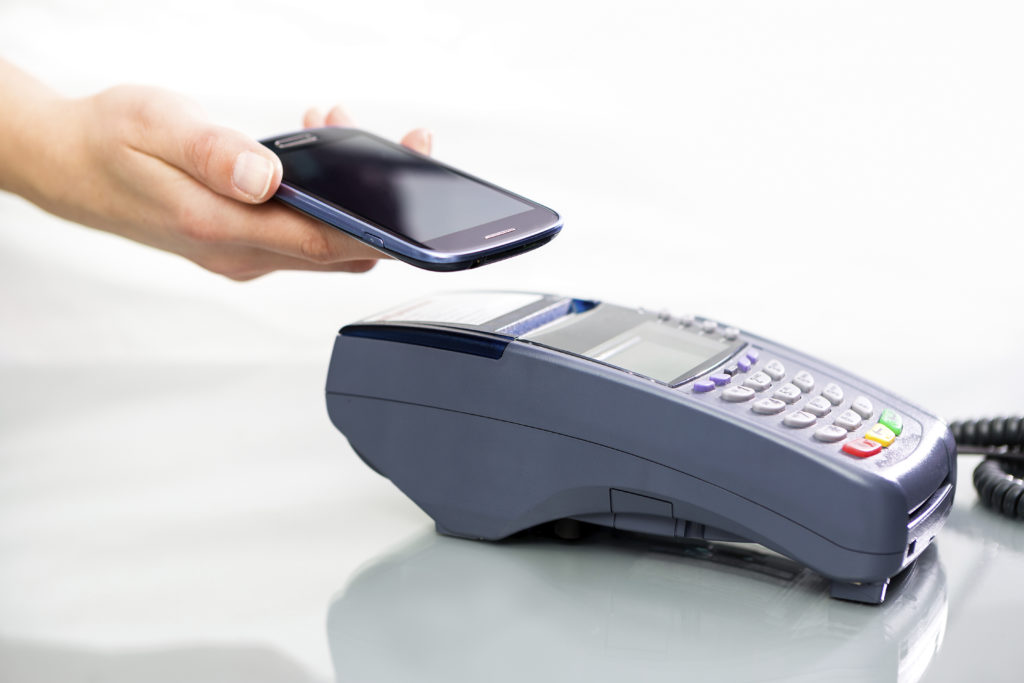How Do Your Customers Feel About It?
Mobile payments (paying for goods and services using your mobile phone) is a quickly-growing trend across the world (most quickly outside of the West, however), with many businesses rushing to adopt the new method of accepting payments. There are several good reasons for that; it’s a very effective and versatile way of accepting payments for goods and services. It’s often (depending on the provider) very easy to set up, and especially handy for businesses who do a lot of business at remote locations – if you’re a food retailer, for example, that relies on a lot of trade fairs or farmers markets, etc, it’s a simple, effective way to set up a payment system without the hassle of major infrastructural requirements or credit card machines, etc. It’s also cheaper (again, depending on the provider) than accepting credit card payments, the service charge levied by the service providers often being less than those charged by traditional credit card companies.
There’s another reason why retailers love mobile phone payment, too – for information gathering and collection on your customer base it’s better than almost any other method of payment – loyalty programmes and targeted promotions live or die by the quality of the information provided. All of these advantages have something in common, however – they’re all vendor advantages. You might say that the cost saving would eventually be passed on to the customer, and while that’s true, it’s tenuous – there are multiple steps between the service and the advantage to the customer. The same is true of any targeted promotions. There’s an argument that it’s more convenient for customers, but do your customers really find it all that inconvenient to carry a credit card? So inconvenient that they’ll change their consumer behaviours? We wondered about that, so we asked them.
Our first survey question was our most direct. We asked simply whether customers would have any issues using their mobile phone for contactless payment in a shop. The answer was very significantly no. 64.08% of respondents said they’d have no issues. That obviously does mean that 35.92% of respondents did have issues with it, and that’s a significant minority, but it still is a minority. Apparently in this mobile world people are largely comfortable using technology (especially their mobile phone) for all kinds of procedures. You might think there’d be a generation gap in that comfort, and there is, but it’s only a slight one. Consumers 35-44 were actually the ones most comfortable with the concept of mobile phone payment (77.78% of respondents reporting no issues with using mobile phones for payment), but even in the 75+ category 50% of respondents reported they’d have no issues (which interestingly is the exact same proportion of 18-24 year olds). On the whole then, it seems that whether or not they feel there’d be significant advantages to payment by mobile phone, people are certainly open to the idea.
In terms of those advantages, 33.98% felt that using their phone for payment would be attractive due to the ease of use – their phones are always there, they know them and already use them for mobile banking, etc . People like their phones, and feel essentially replacing a credit card with their phone could be a good idea. 18.45% felt it would be quicker, with 1.94% felt it would be more useful for budgeting reasons, and 33.98% that it would cut down on the need to carry cash. A single respondent also felt that the fact that phones are password protected meant it was inherently more secure than a credit card, on which all the information required to conduct a transaction is printed right there on the plastic. That respondent, however, proved to be in something of a minority.
Overwhelmingly, the reservation displayed by our respondents was in relation to data security. Overall, 33.01% of respondents felt that if the phone was lost, they would be leaving themselves exposed to criminal activity. Even without considering losing the phone, 52.43% of respondents cited general security concerns as a perceived disadvantage of mobile phone payment. That means between the specific security concern of losing the phone and more general security concerns, 85.44% of respondents felt the security issue was the major factor in adopting this form of payment. In the survey we suggested other options – consumers’ comfort using the technology, (no one selected this, people love their phones) and vendor acceptance – how many businesses are set up to take payment this way, compared to old-fashioned credit or debit cards (only 8.74% of people considered this the major objection). Overwhelmingly, the reservation on adopting mobile phone payment was data security fears.
For retailers, who for reasons of cost or convenience are attempting to adopt mobile payment systems, the survey reveals both good and bad elements. Very few people seem to have an in-principle problem with using their phone for mobile payments. Fundamentally, the great spectre here is data security. To encourage people to adopt this form of payment they’ll have to be convinced of its security and safety. They seem quite ready to believe in the convenience and speed of the system – convince them it’s secure and it really will be able to viably compete with the other methods out there.





